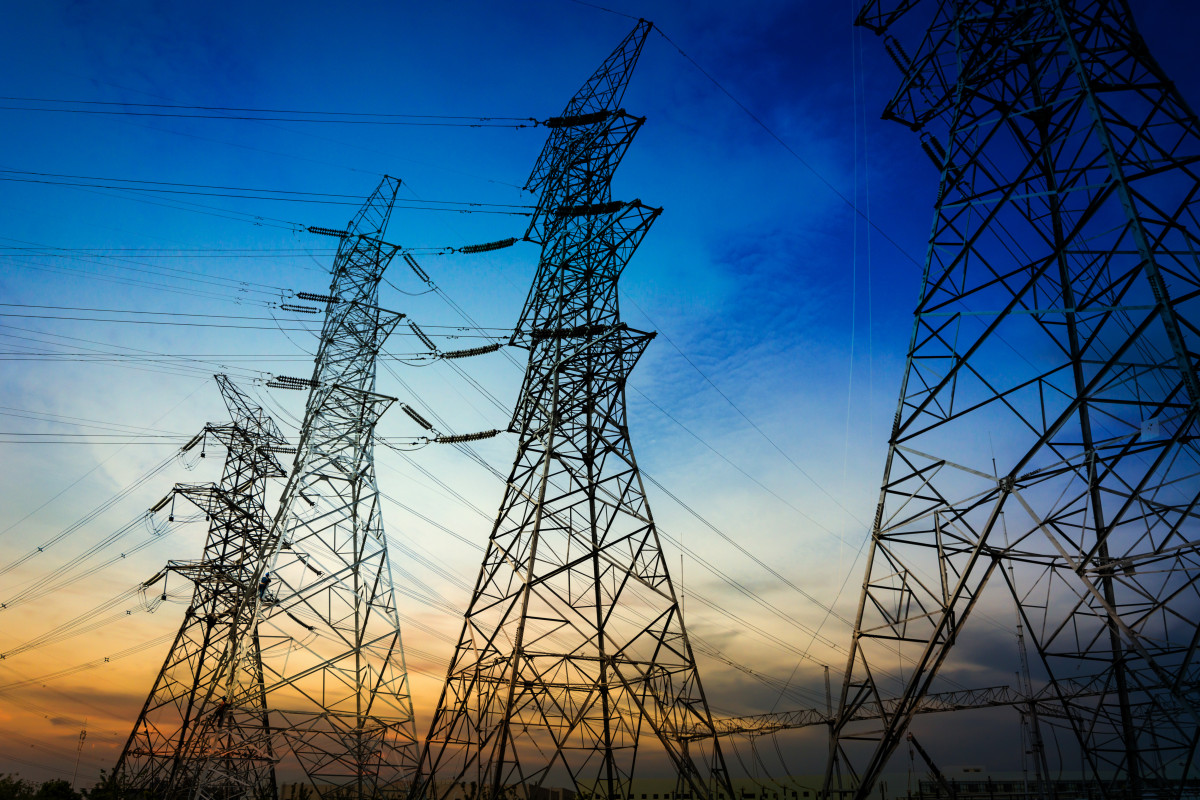This week’s headline features a story from Asia:
On October 3, 2024, Nepal, India, and Bangladesh signed a trilateral agreement allowing Nepal to export 40 MW of electricity to Bangladesh through India's power grid. This marks Nepal's first international energy trade beyond India. The deal paves the way for future collaboration, including the Sunkoshi-3 hydropower project. Nepal will export 144,000 MWh from June to November, generating an estimated $9.2 million annually. Bangladesh benefits by increasing renewable energy imports, while India strengthens its role as a regional energy conduit, enhancing its leadership in South Asia's renewable energy transition and diplomatic ties .
Europe: : The EU has proposed extending its Deforestation Regulation implementation by a year to December 2025 due to push back from countries including India. This provides relief to $1.3 billion in Indian exports such as leather, coffee, and wooden furniture, allowing more time for compliance with the stringent requirements
North America: India's Commerce Minister Piyush Goyal signed an MOU with US Commerce Secretary Gina Raimondo to enhance cooperation in battery mineral supply chains, focusing on lithium and cobalt for electric vehicles. The pact aims to strengthen commercial development and green energy investment.
South America: Indian IT Companies have made significant inroads into Latin America, positioning the region as a strategic hub for their global operations. This success has prompted other Indian mid-level IT companies to consider similar expansions.
Asia: . India, Nepal, and Bangladesh signed a trilateral agreement on October 3, 2024, enabling Nepal to export 40 megawatts of electricity to Bangladesh via India. This milestone enhances regional energy cooperation and aims to attract investment in Nepal's hydropower sector.
Australia : . Australia's South Asia Regional Infrastructure Connectivity (SARIC) initiative, a $32 million program, aims to enhance regional connectivity and infrastructure development in South Asia, focusing on transport and energy projects. Its extension signals ongoing commitment amid growing geopolitical competition and infrastructure needs.
Africa: . India and South Africa opposed including the Investment Facilitation for Development (IFD) proposal in the World Trade Organization's 13th Ministerial Conference outcome. Backed by 123 members, the IFD aims to enhance transparency in investment regulations and attract foreign and national investors.


